PlayStation Studios chief Hermen Hulst has offered rare insight into Sony’s evolving gaming strategy, confirming a major shift in the company’s approach to live-service titles.
For years, Sony aimed to release a large slate of live-service games to compete with the biggest franchises in the industry. But following the disastrous collapse of Concord—a high-profile multiplayer shooter that was pulled just two weeks after launch—the company is rethinking its priorities.
Learning From Failure
Hulst admitted that the number of live-service titles is no longer the metric that matters most. Instead, Sony wants to deliver a smaller but more diverse range of experiences, each built to sustain long-term communities. He also stressed that the company has adopted stricter testing protocols, including earlier player involvement, cross-studio collaboration, and direct gameplay reviews from executives.
“I don’t want teams to always play it safe,” Hulst said. “But when we fail, we need to fail early and cheaply.”
Mixed Results So Far
While some projects have struggled, Sony’s live-service portfolio has already proven lucrative. Hits like Helldivers 2, MLB The Show, Gran Turismo 7, and Destiny 2 have significantly boosted PlayStation’s revenues. Recent financial results show that live-service games now represent a substantial portion of overall software sales.
Still, not every gamble has paid off. Both Concord and the still-delayed Marathon have raised questions about Sony’s decision-making, forcing leadership to reconsider whether chasing sheer volume is a sustainable strategy.
A Reset in Ambitions
Originally, Sony planned to release as many as 10 live-service games within a short window. That aggressive target has since been dialed back. The new priority is building unique titles that can stand out in a crowded marketplace, rather than flooding players with half-finished ideas.
What’s Next for PlayStation?
Hulst’s comments signal a recalibration of PlayStation’s long-term goals. Instead of measuring success by output, the company is doubling down on community building, player engagement, and sustainable development practices.
If this new philosophy pays off, Sony could turn its recent setbacks into a stronger foundation for the next generation of multiplayer gaming.

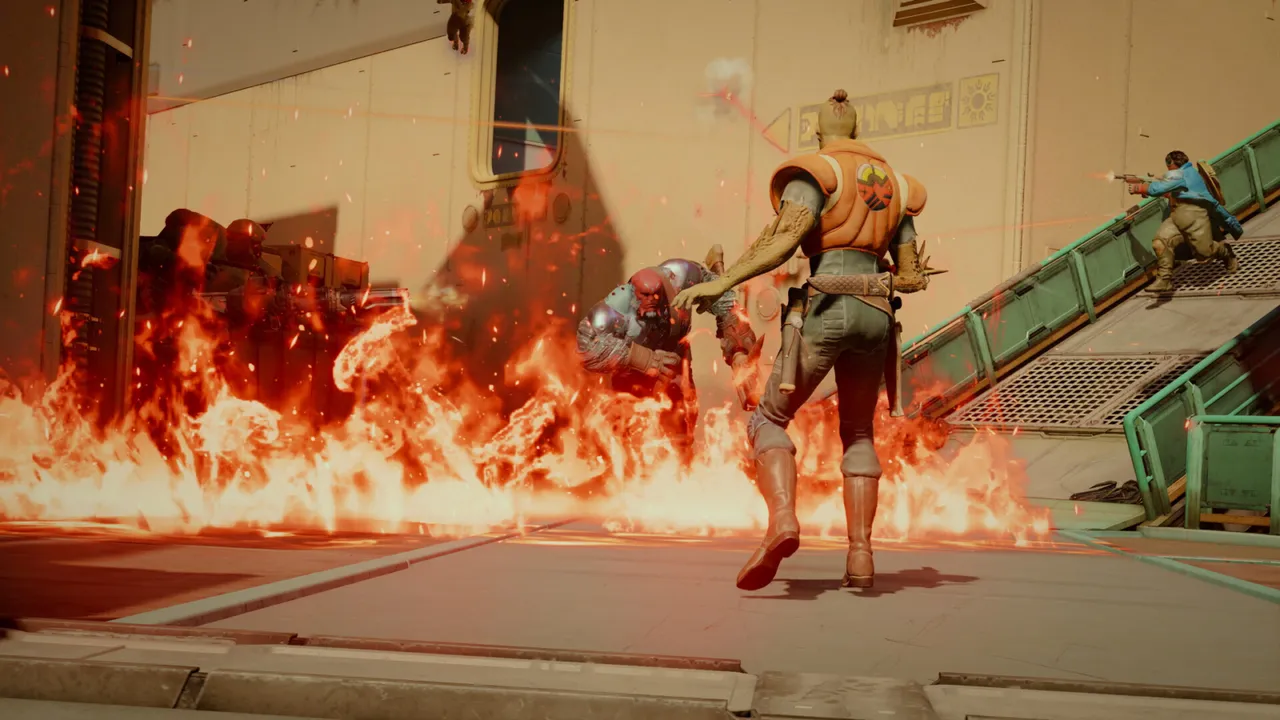
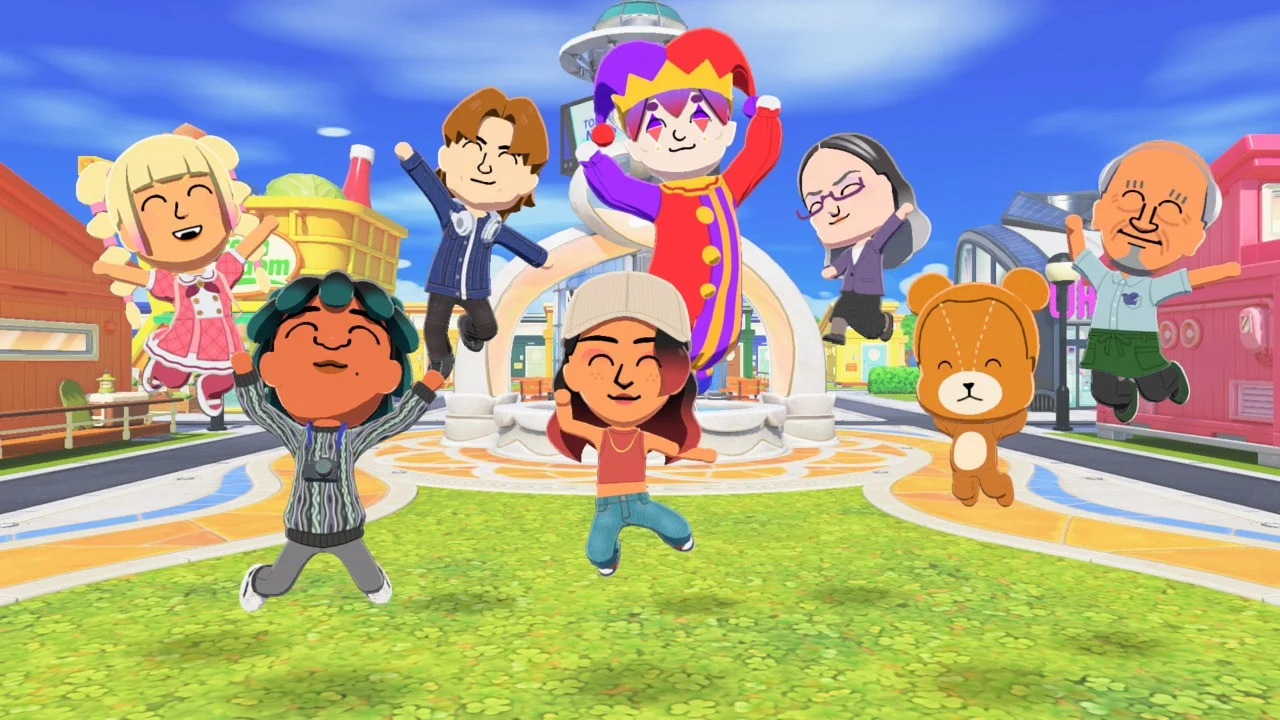
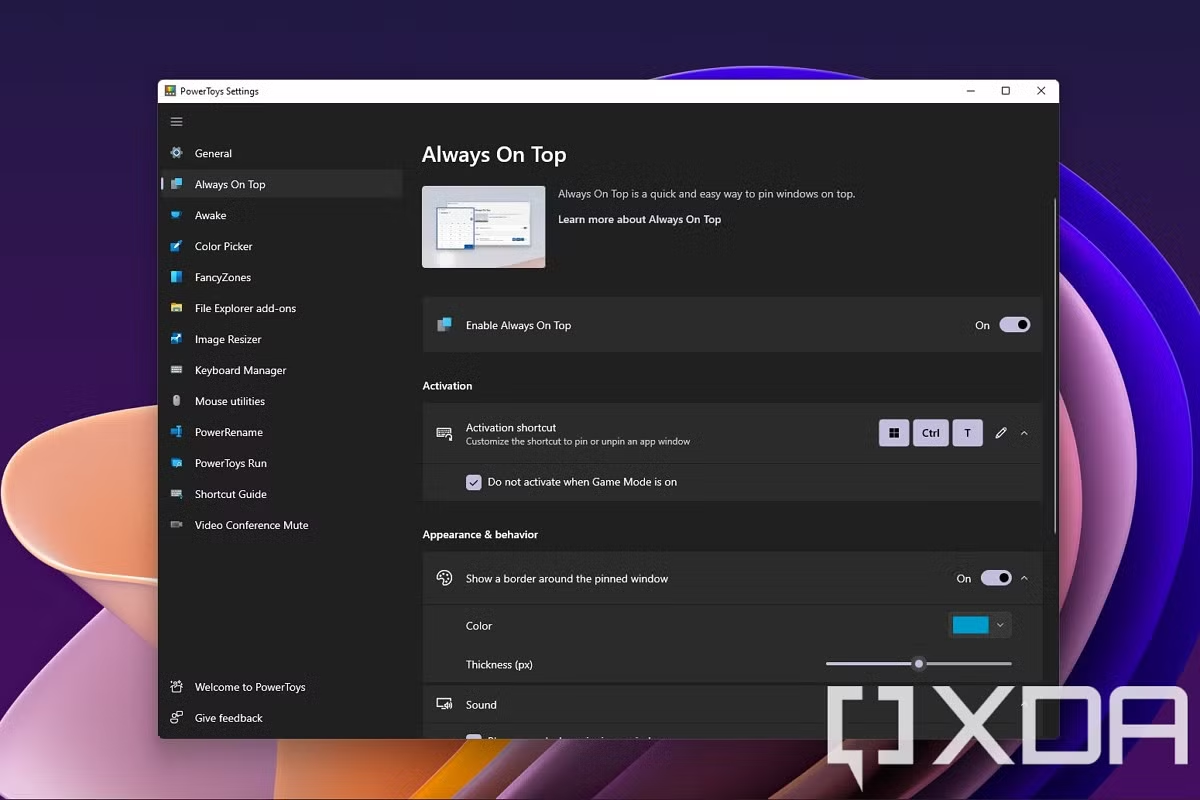
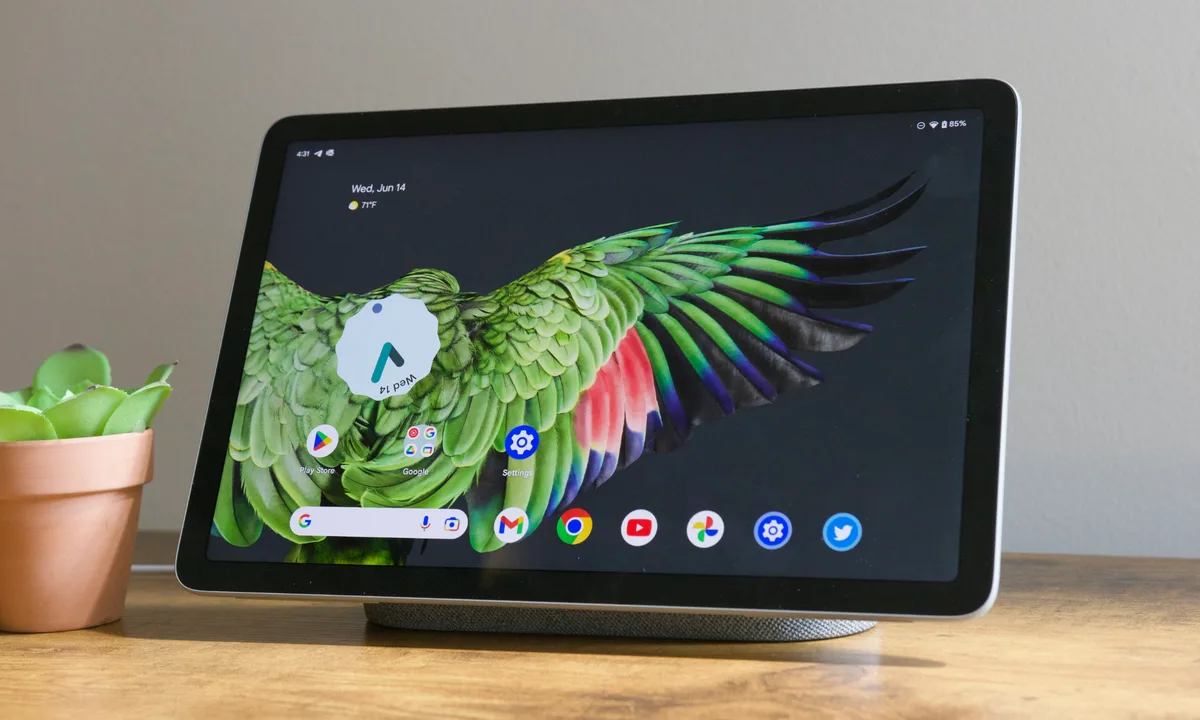
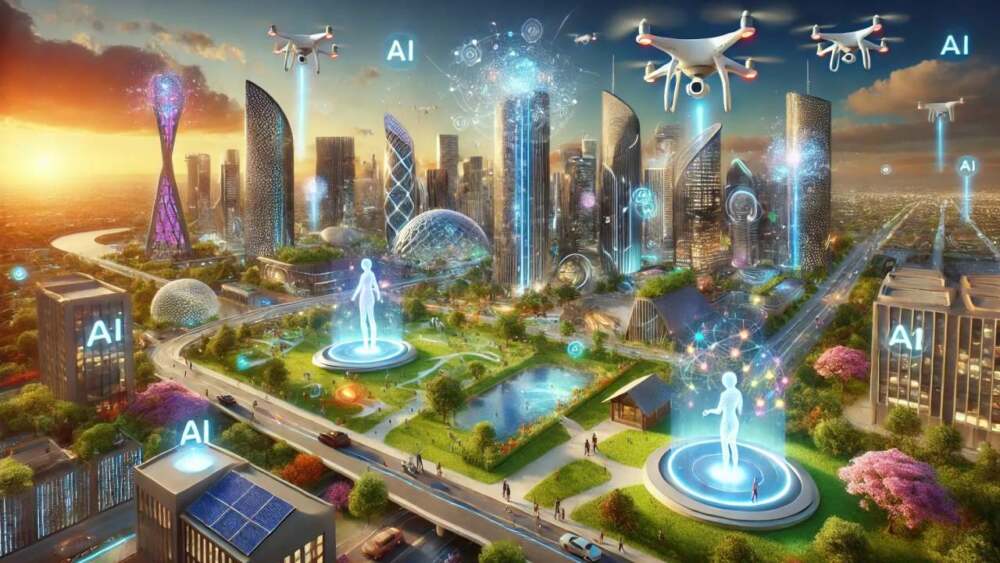

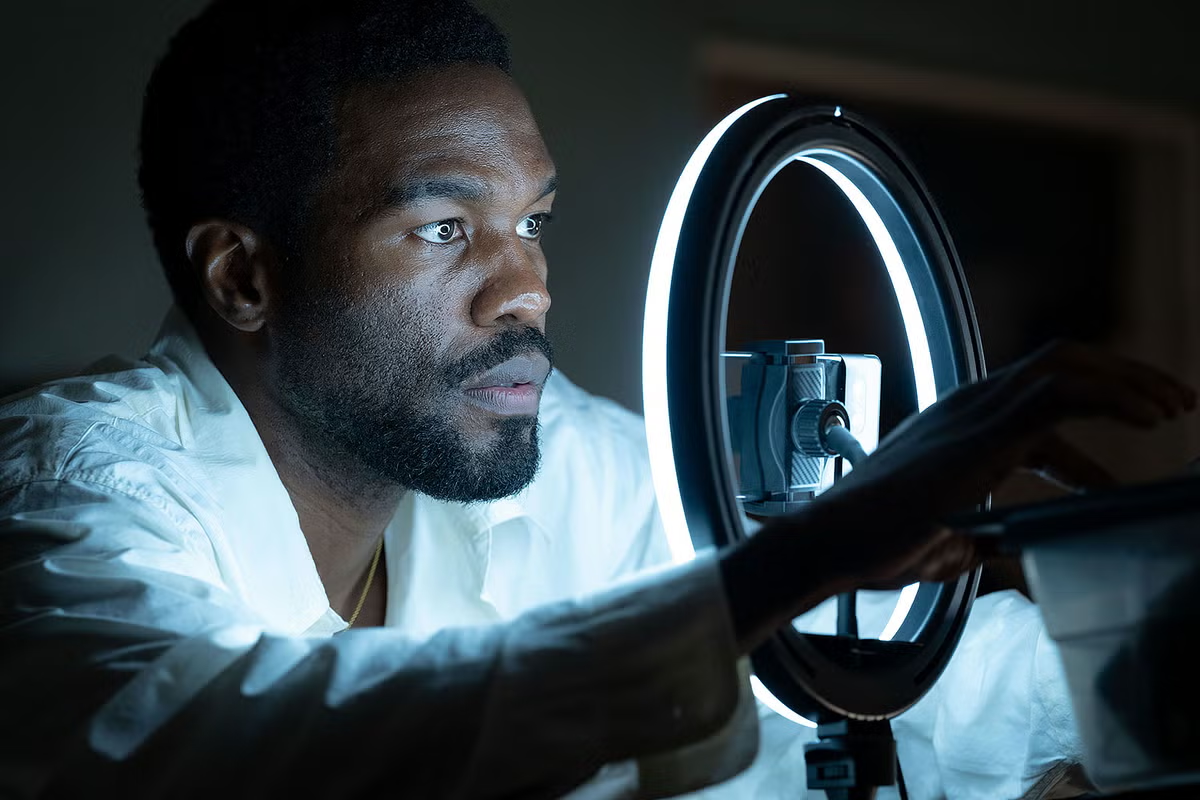

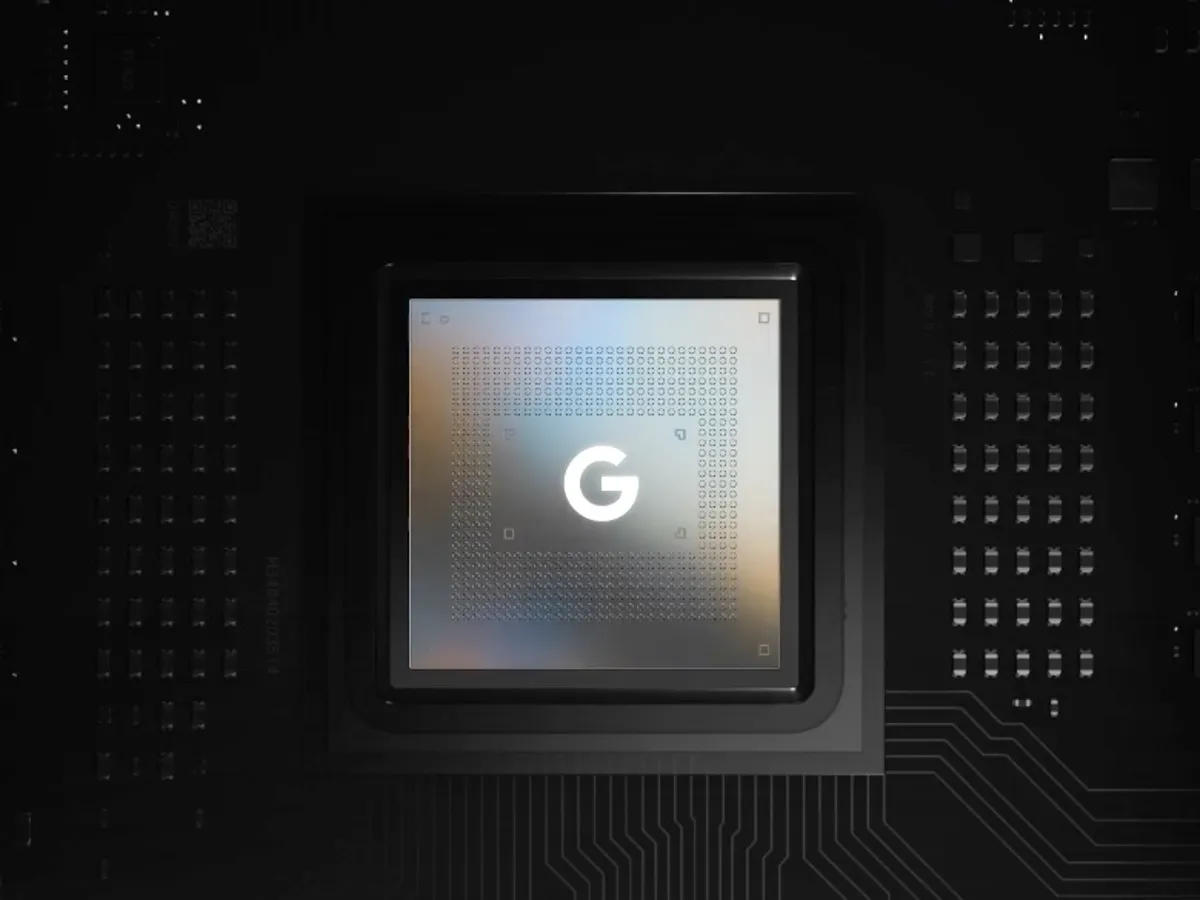

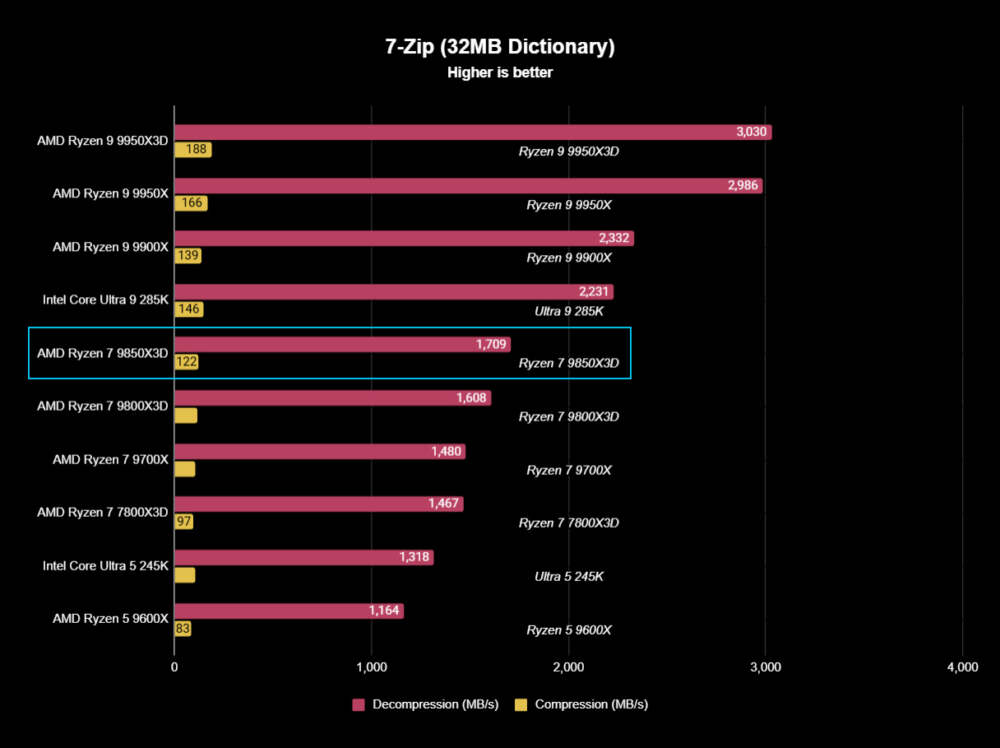




Leave a Reply